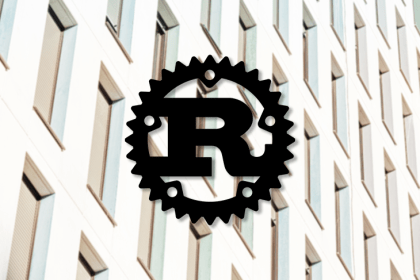
Looking for the best of the best? Check out the top eight high-performance external services for Rust right here.
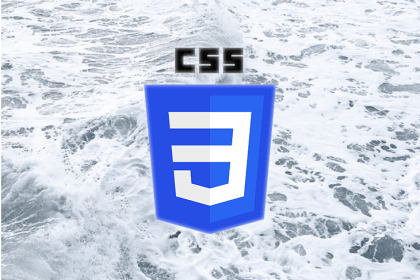
We round up five CSS pseudo-elements you probably haven’t heard of to help you write less JavaScript and clean up your code.

In this tutorial, we’ll review some best practices and demonstrate how to handle errors, set up a debugger, and trace errors efficiently in Vue.js.

Here, you can get a quick introduction to FastAPI and learn how to set up a GraphQL server with it.

Browser compatibility has always been an issue. Here, we discuss how Google Chrome intends to solve this problem.
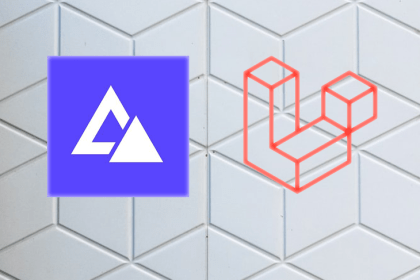
Compare Laravel and AdonisJs with this tutorial highlighting the best and worst features of each framework.

Vime.js is a modern framework-agnostic media player. It ships with support for video hosting services like Youtube, Vimeo, and more.
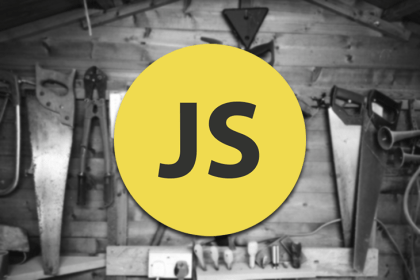
Here, you can explore how the latest build tools for JavaScript have evolved over the years and how to use them with ease.
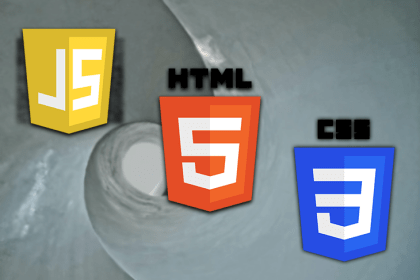
Find out how to make your website accessible to any user in this tutorial covering everything from accessible forms to progressive enhancement.

Learn what you need to know (and what you need to look out for) when getting started with radioactive state.
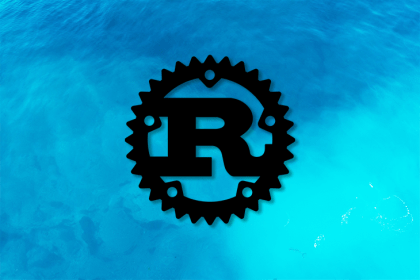
Traits are an important part of Rust. This tutorial will help you understand what traits are and how they work.

Next.js recently released one of its much-awaited major versions (version 10) and there are a lot of exciting features to try.